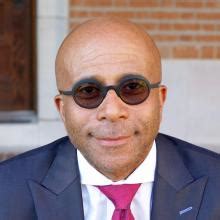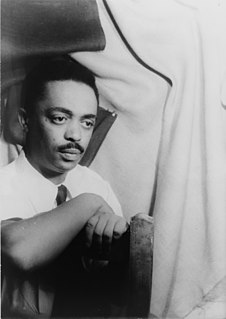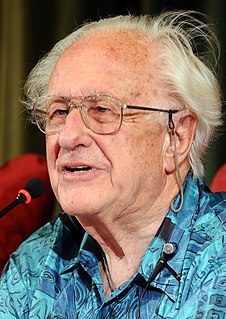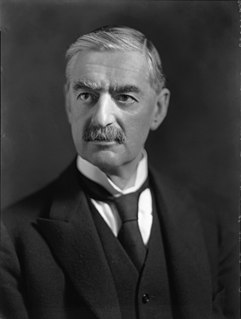A Quote by Linda Colley
The pre-war empire had been sufficiently informal and sufficiently cheap for Parliament to claim authority over it without having to concern itself too much about what this authority entailed. The post-war empire necessitated a much greater investment in administrative machinery and military force. This build-up of control had to be paid for, either by British taxpayers or by their colonists.
Related Quotes
For 40 years we were led to think of the Russians as godless, materialistic and an evil empire. When the Cold War ended, we suddenly discovered that Russia was a poor Third World country. They had not been equipped to take over the world. In fact, they were just trying to improve a miserable standard of oppressive living, and couldn't. They had to spend too much on arms build-up. We didn't win the Cold War; we bankrupted the Russians. In effect, it was a big bank exhausting the reserves of a smaller one.
One concern I had while I was working actively in the intelligence community - being someone who had broad access, who was exposed to more reports than average individuals, who had a better understanding of the bigger picture - was that the post - World War II, post - Cold War directions of societies were either broadly authoritarian or [broadly] liberal or libertarian.
The London I entered was a great bustling metropolitan city at war, an imperial power fighting to hold on to that empire. And the teeming colonial subjects of that empire did not, on the whole, want England to lose that war, but they also did not want the empire to emerge unchanged from it. This, for very many of us, was the hard dilemma.
We study the glory of God, and the honour and liberty of parliament, for which we unanimously fight, without seeking our own interests... I profess I could never satisfy myself on the justness of this war, but from the authority of the parliament to maintain itself in its rights; and in this cause I hope to prove myself an honest man and single-hearted.
As professor of global peace studies at the International Islamic University of Malaysia I am committed to the ending of war also through criminalization of war, an approach that has not been sufficiently used in spite of the UN Charter outlawing war - with too many loopholes used buy aggressive countries.
In every major war we have fought in the 19th and 20th centuries. Americans have been asked to pay higher taxes - and nonessential programs have been cut - to support the military effort. Yet during this Iraq war, taxes have been lowered and domestic spending has climbed. In contrast to World War I, World War II, the Korean War and Vietnam, for most Americans this conflict has entailed no economic sacrifice. The only people really sacrificing for this war are the troops and their families.
Taxation, the very thing that had triggered the British civil wars, would do so again, this time in America. The taxes may have been different, but the result would once again be disaster. What happened in America was really round two of those wars - the civil war of the British Empire, with the Hanoverians playing the part of the Stuarts, and the Americans the heirs of the revolutionaries, of Cromwell and of William III, the inheritors of a true British liberty, that had somehow got lost in its own motherland.







































